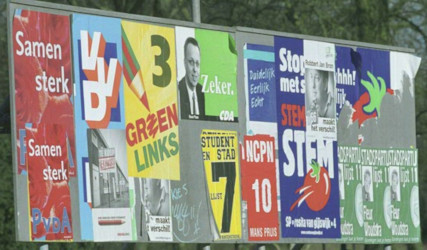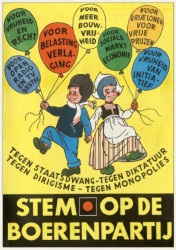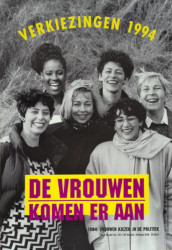Politiek en verkiezingen
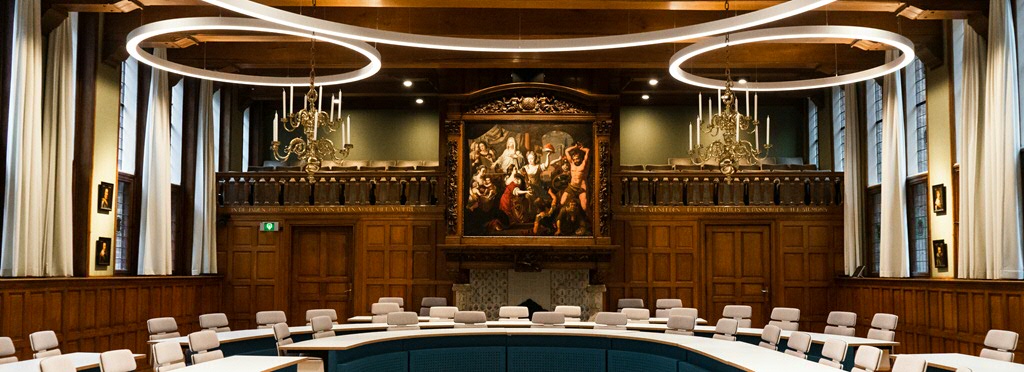
Interviews en nieuwsberichten
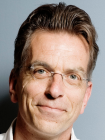
'Juist nu hebben we behoefte aan een sterke overheid'
Harry Garretsen is zeer geïnteresseerd in de interactie tussen economie, politiek en leiderschap. Samen met prof.dr. Janka Stoker runt hij het onderzoeksinstituut ‘In the LEAD’. In oktober 2018 verscheen hun nieuwste boek, ‘Goede leiders zweven niet’. Garretsen vindt dat we juist in deze tijd een sterke overheid nodig hebben, die een grotere rol naar zich toetrekt dan nu het geval is.
Lees verder
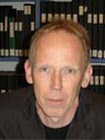
'Geef politieke partijen meer vrijheid zich te organiseren'
Politieke partijen, populisme, partijprogramma’s. Dat zijn zaken waar het Documentatiecentrum Nederlandse Politieke Partijen (DNPP) zich mee bezighoudt. Directeur Gerrit Voerman pleit voor meer vrijheid voor politieke partijen om zich te organiseren zoals ze zelf willen. ‘De omstandigheden veranderen nu eenmaal.’
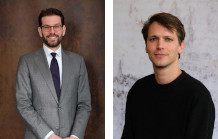
Waar blijft de regio in de nationale politiek?
In haar tussenrapportage van juni 2018 stelde de Commissie-Remkes veelbelovend dat “de regionale component in het landelijke kiesstelsel beter tot uiting moet komen”. Er is namelijk een reëel probleem met de herkenbaarheid en vertegenwoordiging van regionale belangen in de nationale politiek. Toch bevat het eindrapport van de commissie slechts magere aanbevelingen op dit punt. Een gemiste kans, stellen Caspar van den Berg en Bram van Vulpen.
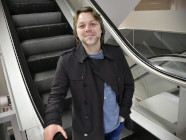
'Haperende roltrap leidt tot tweedeling in de stad'
Jacob Dijkstra, socioloog aan de RUG, maakt zich zorgen over ontwikkelingen in de stad Groningen. Een stad waar het op het eerste gezicht goed gaat, maar waar zich misschien wel een tweedeling aan het voltrekken is. Met aan de ene kant welvarende burgers, met baan, huis, auto en sociaal netwerk. En aan de andere kant zij die dat niet hebben en moeilijk kunnen meekomen.
Wetenschappers in beeld
Documentatiecentrum politieke partijen
Het Documentatiecentrum Nederlandse Politieke Partijen verzamelt (digitaal) materiaal van en over Nederlandse politieke partijen, verstrekt informatie over de partijen en doet onderzoek naar deze organisaties.

